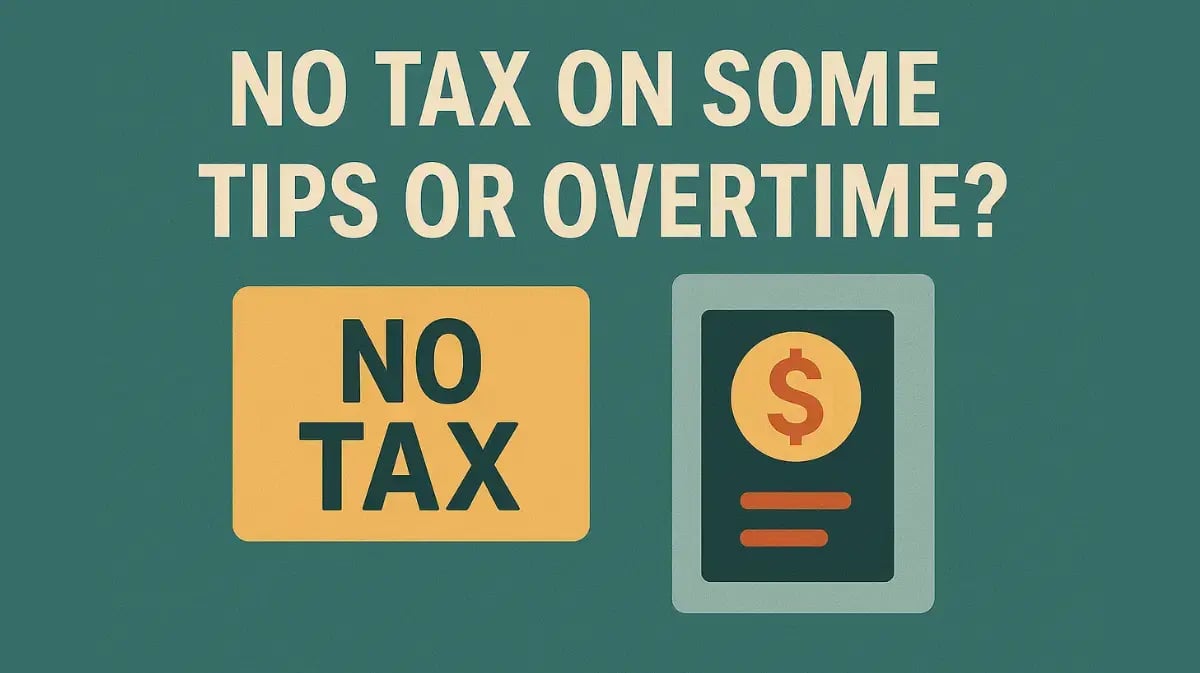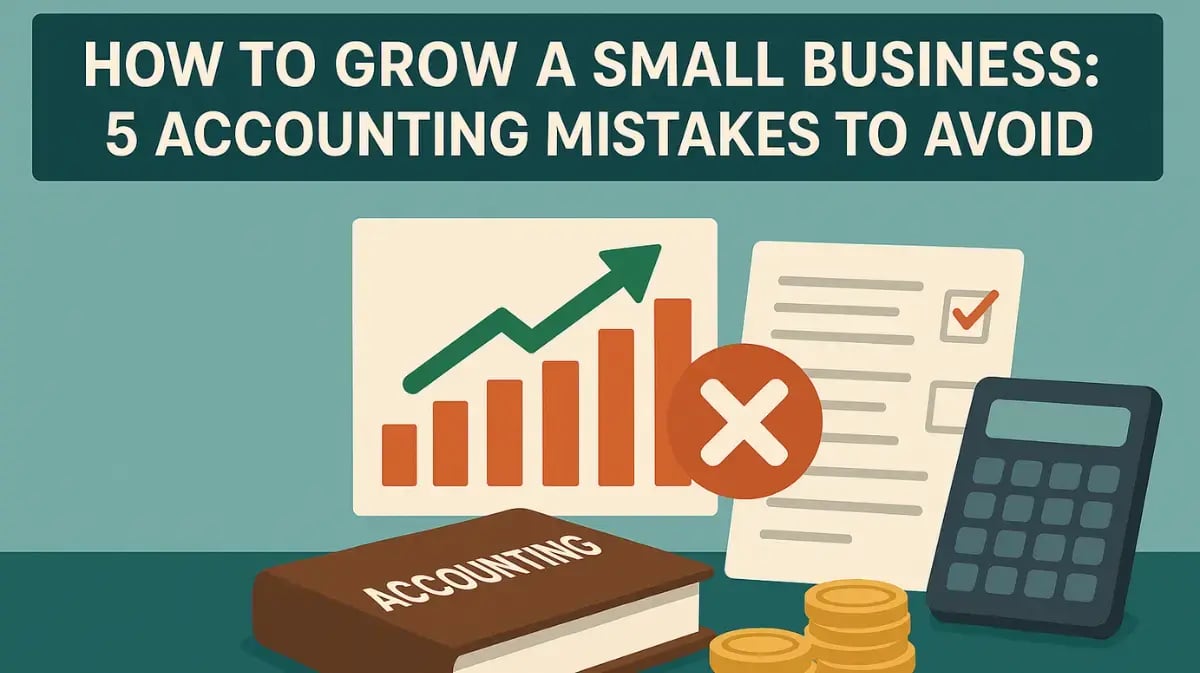Setting goals plays a pivotal role in shaping the success and growth trajectory of small businesses. It's a practice that every small business owner should engage in annually to provide their business with a clear sense of direction.
Here are four key areas every small business owner should consider in the early stages of goal setting.
Build a Map for Your Business
In the wise words of Yogi Berra, the renowned New York Yankees catcher, "If you don’t know where you’re going, you’ll end up somewhere else."
This quote captures the essence of goal setting. Goals act as destinations for businesses, providing a roadmap to reach them. To construct this roadmap, small business owners must identify the goals necessary for their business to succeed.
Defining success is a crucial step in this process, as the definition varies for each business owner. Whether success is measured by substantial profit or reaching a specific business scale, goals serve as the means to achieve these definitions. Regardless of your definition of “success,” both long-term and short-term goals pave the way.
Areas to Address for Goal Setting
Three main areas you should focus your energy on when goal setting are identifying day-to-day issues within your business you want to solve, overarching milestones or big-picture goals your company has, and analyzing what high-performance businesses like yours look like.
Day-to-Day Problems
Addressing daily challenges or frustrations is the first area. This includes tackling staffing and recruiting issues or improving employee performance. Resolving these smaller issues contributes to meeting the loftier goals set for the business.
Big Picture Goals
Big-picture goals are the milestones set when starting a small business. Examples of these are:
- Achieving a certain amount of profit
- Growing the business’s employee group to a specific size
- Expanding into other geographic areas
Observe High Performance in Your Industry
Learning effective goal-setting practices can be accomplished by observing high-performing businesses in your industry. Engaging with peer groups is another tool business owners can use in their learning process. Peer groups allow business owners to ask questions, share ideas, and determine the objectives and key performance indicators (KPIs) crucial for success.
Determine Long-Term and Short-Term Goals
Establishing both long-term and short-term goals is essential for guiding your business toward its desired destination. Short-term goals serve as stepping stones, while long-term goals represent big-picture plans for your business. Both are equally vital for success.
Reasons Goals Are Not Met
Feeling disappointed if goals are unmet is natural, but it can be a valuable learning experience. One common reason goals are not reached is if the business owner does not follow the SMART goal-setting process.
S – Specific
M – Measurable
A – Achievable
R – Relevant
T – Time-based
SMART goals help set realistic, specific goals for your business. Meeting goals can be challenging for small businesses without a specific, measurable, and timely aspect. Avoid wishy-washy goals, and let the SMART guidelines build a solid foundation for goal creation.
It’s important to set achievable goals and to monitor progress toward them. Setting goals for your business can be summed up in another Yogi Berra quote: “Make a game plan and stick to it. Unless it’s not working.”
© 2024
Blog Disclaimer: Nothing in this post constitutes legal, tax, or financial advice and is intended for informational and educational purposes only. This informational and educational material is not intended, and must not be taken, as legal, tax, or financial advice on any particular set of facts or circumstances or as recommendations that are suitable for any specific person. You need to contact a lawyer, accountant, or financial adviser licensed in your jurisdiction for advice on your specific questions, issues, and concerns. View our full here.











%20Early.webp?width=1200&height=673&name=5%20Consequences%20of%20Withdrawing%20from%20a%20401(k)%20Early.webp)












